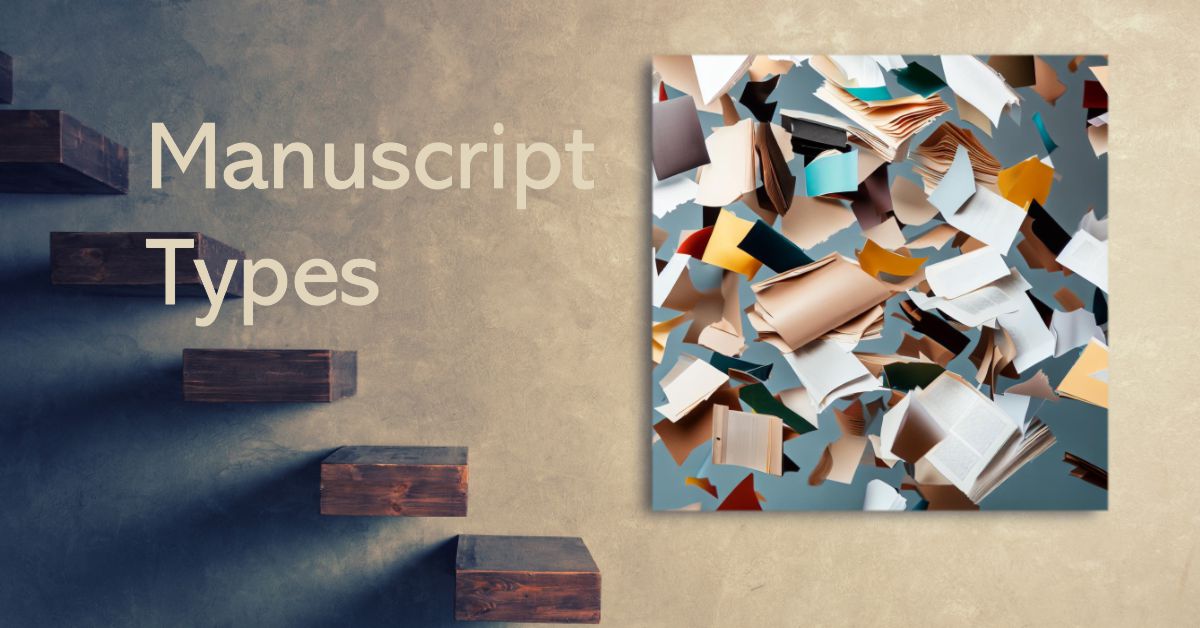- Information for Authors
- Hits: 1546
EIKI Publication Ethics: Ensuring Integrity and Quality in Scholarly Publishing
Ethical conduct is the cornerstone of any credible publishing endeavor. At EIKI LTD. (European Institute of Knowledge and Innovation), we uphold the highest standards of publication ethics to guarantee the reliability, transparency, and integrity of the research we disseminate. This comprehensive document outlines our commitment to ethical publishing practices, providing detailed guidance for authors, editors, reviewers, and stakeholders.
As a reputable academic publisher, we recognize the profound impact that scholarly research can have on various disciplines and society at large. Therefore, we are fully committed to upholding the integrity, credibility, and impartiality of our publishing practices.
Overall Ethical Guidelines
- Honesty and Transparency: All parties involved in the publication process, from authors and reviewers to editors and publishers, must adhere to principles of honesty and transparency. This includes accurate reporting of research findings, clear disclosure of potential conflicts of interest, and the responsible handling of confidential information.
- Fairness and Objectivity: Peer-review processes must be conducted objectively and fairly, free from bias or discrimination based on factors like race, gender, nationality, or institutional affiliation. Editors and reviewers must assess manuscripts solely on their merit and contribution to the field.
- Rigor and Accuracy: Research methodologies, data collection, and statistical analysis must be rigorously conducted and reported accurately. Authors are responsible for ensuring the scientific validity and integrity of their work.
- Plagiarism and Misconduct: Any form of plagiarism, data fabrication or falsification, duplicate publication, or authorship manipulation is strictly prohibited. We hold a zero-tolerance policy for misconduct and will take appropriate action to uphold ethical standards. All manuscript undergoes plagiarism checks using various software platforms (like iThenticate), and manually.
Ethical Guidance for Stakeholders
Journal Editors:
- Implement robust peer-review processes with qualified and unbiased reviewers.
- Clearly communicate journal policies and expectations to authors and reviewers.
- Handle ethical concerns efficiently and fairly, following established guidelines like COPE.
- Ensure timely publication of accepted manuscripts and facilitate open communication with authors.
- Maintain confidential reviewer identities while upholding accountability and transparency.
Authors:
- Conduct research ethically and obtain necessary approvals and informed consent where applicable.
- Accurately report research findings and avoid fabrication or manipulation of data.
- Cite all sources appropriately to avoid plagiarism and give due credit to others' work.
- Follow authorship guidelines and include only those who made significant contributions.
- Declare any potential conflicts of interest that could influence the research or publication.
- Respond promptly and constructively to editor and reviewer feedback.
Reviewers:
- Provide objective, constructive, and timely feedback on manuscripts.
- Maintain confidentiality of the review process and avoid disclosing any sensitive information.
- Declare any potential conflicts of interest that could compromise the review's objectivity.
- Focus on the scientific merit and contribution of the work, avoiding personal opinions or biases.
- Offer suggestions for improvement while respecting the authors' expertise and research direction.
Research Integrity
Institutional Review Boards (IRBs): We strongly encourage authors to obtain IRB approval for research involving human subjects, ensuring ethical treatment and adhering to relevant regulations.
Animal Research: Research involving animals must follow established ethical guidelines and minimize animal suffering.
Data Transparency: Authors should share research data upon reasonable request, promoting research transparency and reproducibility.
Publication Ethics
Predatory Publishing: We actively counter predatory publishing practices that exploit authors for financial gain while providing low-quality publications.
Open Access Ethics: We advocate for responsible open access practices that ensure quality control, transparency, and sustainable publishing models.
Retractions and Corrections: We take responsibility for correcting errors and retracting fraudulent or unethical publications, maintaining the integrity of the scholarly record.
Authorship and Plagiarism
Authorship Attribution: Authors must follow established authorship guidelines, including the International Committee of Medical Journal Editors (ICMJE) criteria, ensuring that only those who made significant contributions are listed as authors.
Ghostwriting and Guest Authorship: Ghostwriting and guest authorship practices are strictly prohibited, as they undermine the integrity of authorship and research contributions.
Plagiarism Detection: We utilize advanced plagiarism detection software (iThenticate) to identify and address any instances of plagiarism, upholding copyright and intellectual property rights. Additionally, we also use manual checking for plagiarism, as we realize the limitations of software platforms. Moreover, we strictly check that images and charts are not plagiarized.
Papermills and Why They Are Unwelcome
Papermills: These entities provide fraudulent research services, including fabricated data, ghostwriting, and fake peer reviews, which erode the trust and value of scholarly publications.
Consequences: We actively identify and reject manuscripts associated with papermills, protecting the integrity of our publications, and safeguarding the research community.
Kindly note that we have that expertise to identify papermills. Even in case, some research articles created by papermills escape initial review, they would be retracted as soon as we learn about them.
AI and Publication Ethics
Transparency and Disclosure: Authors using AI tools in their research must disclose their usage clearly and transparently, including the specific tools and how they were employed.
Authenticity and Originality: The use of AI should not compromise the authenticity and originality of the research or lead to plagiarism concerns.
Ethical Considerations: Authors should consider the ethical implications of using AI tools, such as potential biases and data privacy concerns.
Kindly note: Responsibility for any research lies with authors. We do not accept AI as an author. Further, if we detect that the text has been created by AI with authors using “copy and paste”, we would not publish such a research article, or such research article may be retracted!
How We Handle Allegations of Misconduct
Reporting Mechanisms: We provide clear and accessible mechanisms for reporting suspected misconduct, including a dedicated portal or email address. All complaints are treated confidentially and investigated thoroughly.
Investigation Process: We follow established guidelines like COPE (Committee on Publication Ethics) recommendations when investigating allegations of misconduct. This includes gathering evidence, reviewing the case with an impartial committee, and communicating with all parties involved.
Potential Outcomes: Depending on the severity and evidence presented, potential outcomes of misconduct investigations could include retraction of published articles, corrections, termination of editorial appointments, or further action through relevant professional bodies.
Appeals Process: We provide a fair appeals process for individuals who disagree with the outcome of an investigation.
Commitment to COPE Guidelines
EIKI LTD. (European Institute of Knowledge and Innovation) firmly adheres to the ethical guidelines established by COPE. We actively participate in relevant initiatives and regularly update our policies and procedures to ensure alignment with best practices in publication ethics. By upholding these standards, we contribute to a more trustworthy and reliable research ecosystem, fostering scientific progress and innovation.
Additional Resources
- Committee on Publication Ethics (COPE): https://publicationethics.org/
- World Association of Medical Editors (WAME): https://www.wame.org/
- Committee on Publication Ethics (COPE): Flowcharts for handling publication ethics complaints: https://publicationethics.org/files/Full%20set%20of%20flowcharts.pdf
Note: This document serves as a general overview of our commitment to publication ethics. Please refer to our website or contact us directly for specific policies and procedures related to authorship, peer review, conflict of interest disclosure, and other key aspects of ethical publishing.





